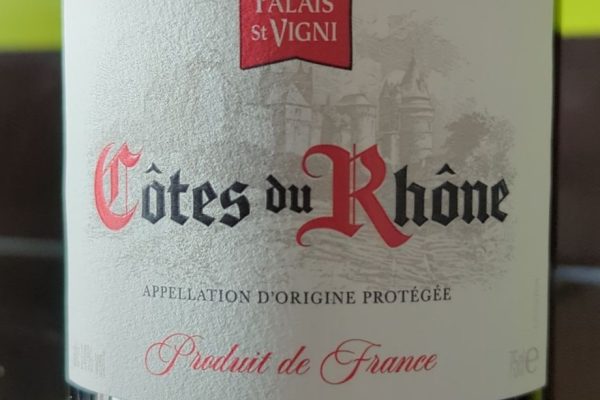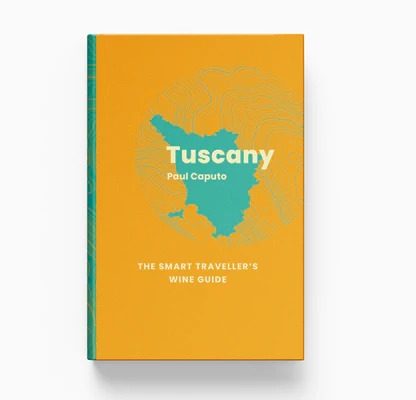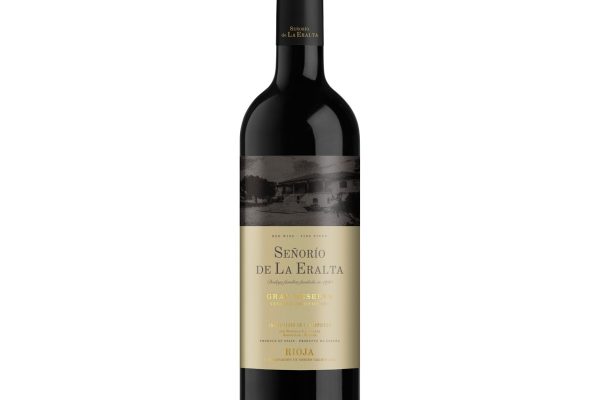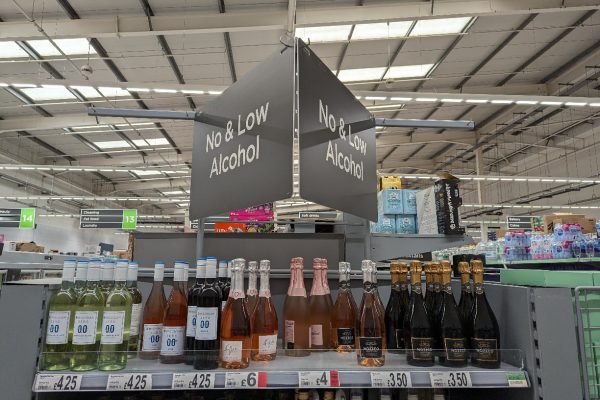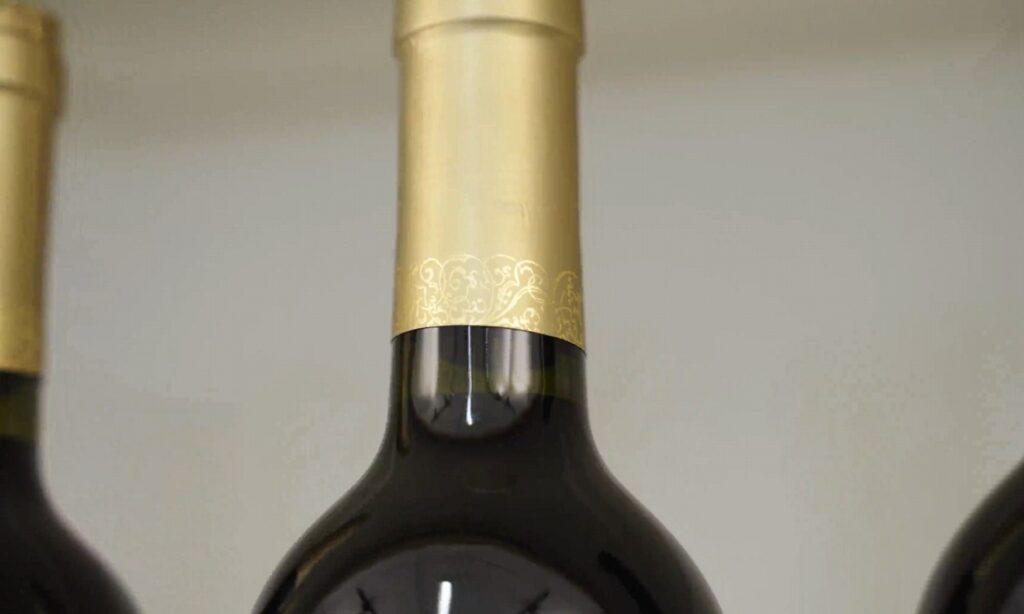
A recent study commissioned by the Crealis Group explored the impact of wine capsules, the foil over the top of wine bottles, on consumer perception and purchase decisions. Traditionally viewed as a purely functional component, the capsule’s potential marketing influence had been largely overlooked. Conducted by SenseCatch, the research used a mix of biometric tracking and qualitative interviews to evaluate how capsules affect perceived value, visual appeal, and purchasing choices among thirty regular wine consumers aged between 25 and 50.
Participants were observed in a simulated wine aisle and asked to choose between bottles of red and sparkling wines, both with and without capsules or foils. The findings revealed a clear preference for bottles with capsules. Nine out of ten participants favoured them, particularly for sparkling wines. Capsules drew more attention on shelves and were closely linked to perceptions of higher quality, safety and prestige. Consumers associated encapsulated bottles with being more refined and better finished, while those without appeared incomplete or neglected. This perception extended to the tasting experience, with capsule-sealed wines described as more pleasant and persistent.
Biometric data indicated that capsules also evoke emotional and sensory responses. Their texture, colour, and shine create a tactile and visual connection that enhances the unsealing and tasting ritual. For still wines, capsules improved perceptions of cleanliness and safety, while for sparkling wines they reinforced notions of luxury and celebration. The study also highlighted the synergy between capsule and label design, showing that visual coherence strengthens brand identity, recall, and premium perception. Metallic or coloured capsules, in particular, attracted greater visual attention.
The study concludes that capsules serve as more than a protective or decorative element. They are a strategic marketing tool that influences both emotional engagement and brand value. In a competitive retail environment, they can enhance a wine’s perceived quality and help brands differentiate themselves on the shelf.
However, it should be noted that the research was commissioned by a capsule manufacturer, which naturally has an interest in highlighting the capsule’s importance. Furthermore, some wine producers have recently moved away from using capsules altogether, citing cost savings and environmental considerations as key motivations. This shift reflects a growing awareness within the industry of the need to balance aesthetic appeal and brand perception with sustainability and production efficiency.






